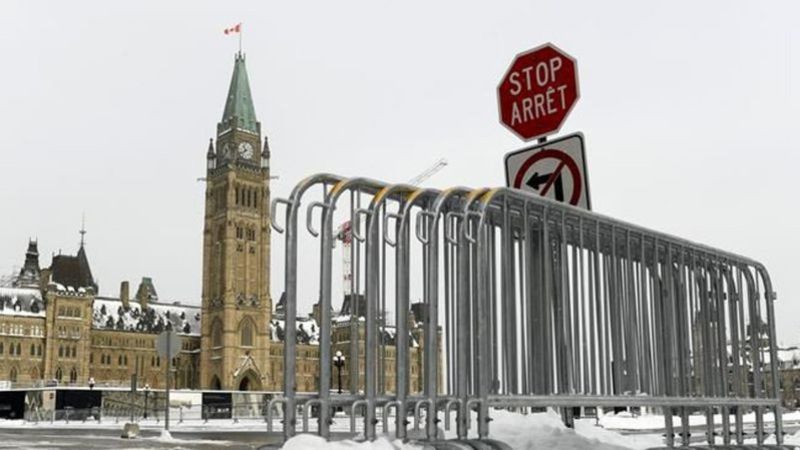
Taxpayers Federation calls on MP’s to reject pay raise
Editor’s note: This story was updated Wednesday afternoon to include a statement from the Liberal Government’s Press Secretary.
Canada’s elected members of parliament (MPs) are set to receive a big raise in the coming weeks—but a group lobbying for tax payers is waving the red flag.
Federal director of the Canadian Taxpayers Federation (CTF) Franco Terrazzano said to make matters more frustrating for tax payers, the raise will take effect on the same day the federal carbon tax is set to be increased.
“So their constituents are having a hard time filling the fridge and they’re gonna be filling their pockets with another pay raise,” he said.


